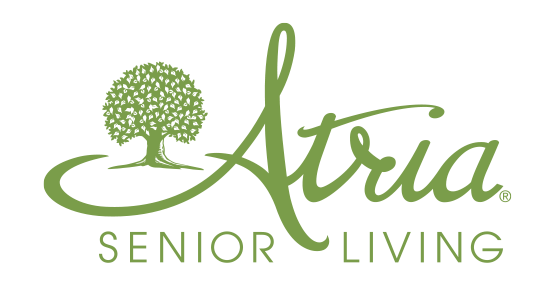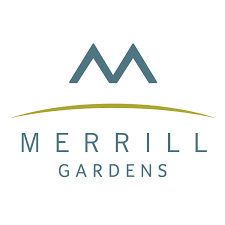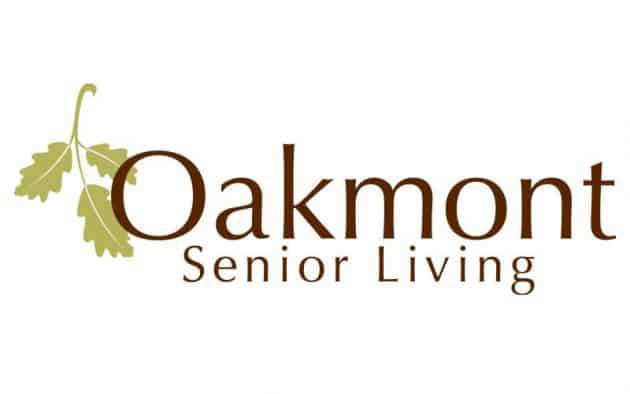The Impact of COVID-19 on the Elder Care Industry
The COVID-19 pandemic has significantly transformed the elder care industry, from operational changes to shifts in policy and practice. Scientific research and data have highlighted the profound effects and the industry’s adaptive responses, which will likely continue to influence how elder care is managed in the future.

Increased Focus on Infection Control
One of the most immediate changes was the heightened emphasis on infection control practices. Studies have shown that elder care facilities, particularly nursing homes, were epicenters for COVID-19 outbreaks, leading to high rates of transmission and mortality among older adults. This has prompted a rapid reevaluation of hygiene practices, visitor policies, and infection control measures within these facilities.
A study by the Centers for Disease Control and Prevention (CDC) detailed the urgent need for enhanced infection control procedures in nursing homes, which include regular testing, adequate personal protective equipment (PPE), and rigorous cleaning protocols (CDC, 2020).
Acceleration of Technology Use
The pandemic accelerated the adoption of technology in elder care settings, including the use of telehealth services. Telemedicine has enabled healthcare providers to maintain continuity of care while minimizing the risk of virus transmission. It has also facilitated better management of chronic diseases and improved access to specialists for older adults who are unable to leave their homes or reside in remote areas.
Research published in the *Journal of the American Geriatrics Society* emphasized the expansion of telehealth in geriatric care, outlining its effectiveness in maintaining treatment regimes and monitoring chronic conditions without physical visits (JAGS, 2021).
Shifts in Staffing and Workforce Challenges
COVID-19 has exacerbated staffing challenges in the elder care industry. High infection rates among staff and stringent quarantine measures have led to significant workforce shortages, highlighting the critical need for more robust workforce planning and support.
A report by the Health Affairs journal discussed the severe impact of COVID-19 on elder care staffing, recommending strategies for workforce stabilization and the mental health support of healthcare workers (Health Affairs, 2020).
Psychological Impact on Residents
The isolation measures necessary to protect elderly residents from the virus have had significant psychological impacts. Restrictions on visitations and group activities have led to increased reports of loneliness and depression among residents.
A study in *The Lancet* explored the psychological effects of prolonged isolation on elderly individuals in care homes, suggesting the need for balanced approaches that protect physical health while ensuring mental well-being (The Lancet, 2020).
Policy and Regulatory Changes
The pandemic has driven rapid changes in policy and regulation within the elder care sector, with governments and health authorities implementing new guidelines to protect vulnerable populations. These include regulations around visitations, the management of outbreaks, and funding adjustments to support the increased operational costs related to COVID-19.
An analysis by the Kaiser Family Foundation detailed these policy shifts and their implications for the quality and accessibility of elder care services (KFF, 2021).
Conclusion
COVID-19 has undeniably transformed the landscape of elder care, instigating changes that will likely persist beyond the pandemic. The increased integration of technology, enhanced focus on infection control, and renewed attention to the mental health of elderly populations are among the positive shifts that have emerged from this challenging period. As the industry continues to adapt, ongoing research and policy development will be crucial in shaping a resilient elder care system that can effectively respond to future public health crises.
As we continue to navigate the complexities of the COVID-19 pandemic, ensuring the safety and well-being of our loved ones remains a top priority. For those seeking placement services that adhere to stringent COVID-19 safety protocols, we are here to help. At Placement Helpers, we prioritize health and safety, adapting our services to meet and exceed health guidelines to protect our clients and staff. If you require assistance or wish to learn more about our COVID-compliant placement options, please contact us at 855-701-8090. Let us help you find a safe and caring environment for your loved ones during these challenging times.










